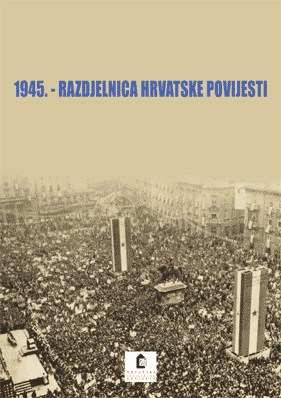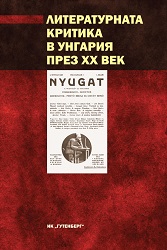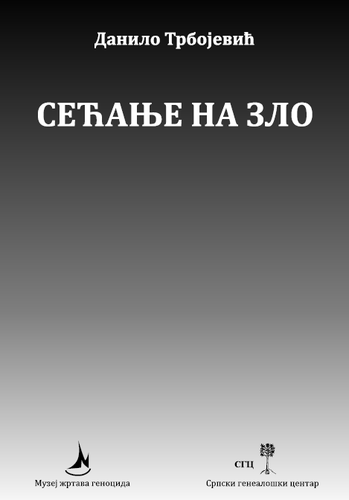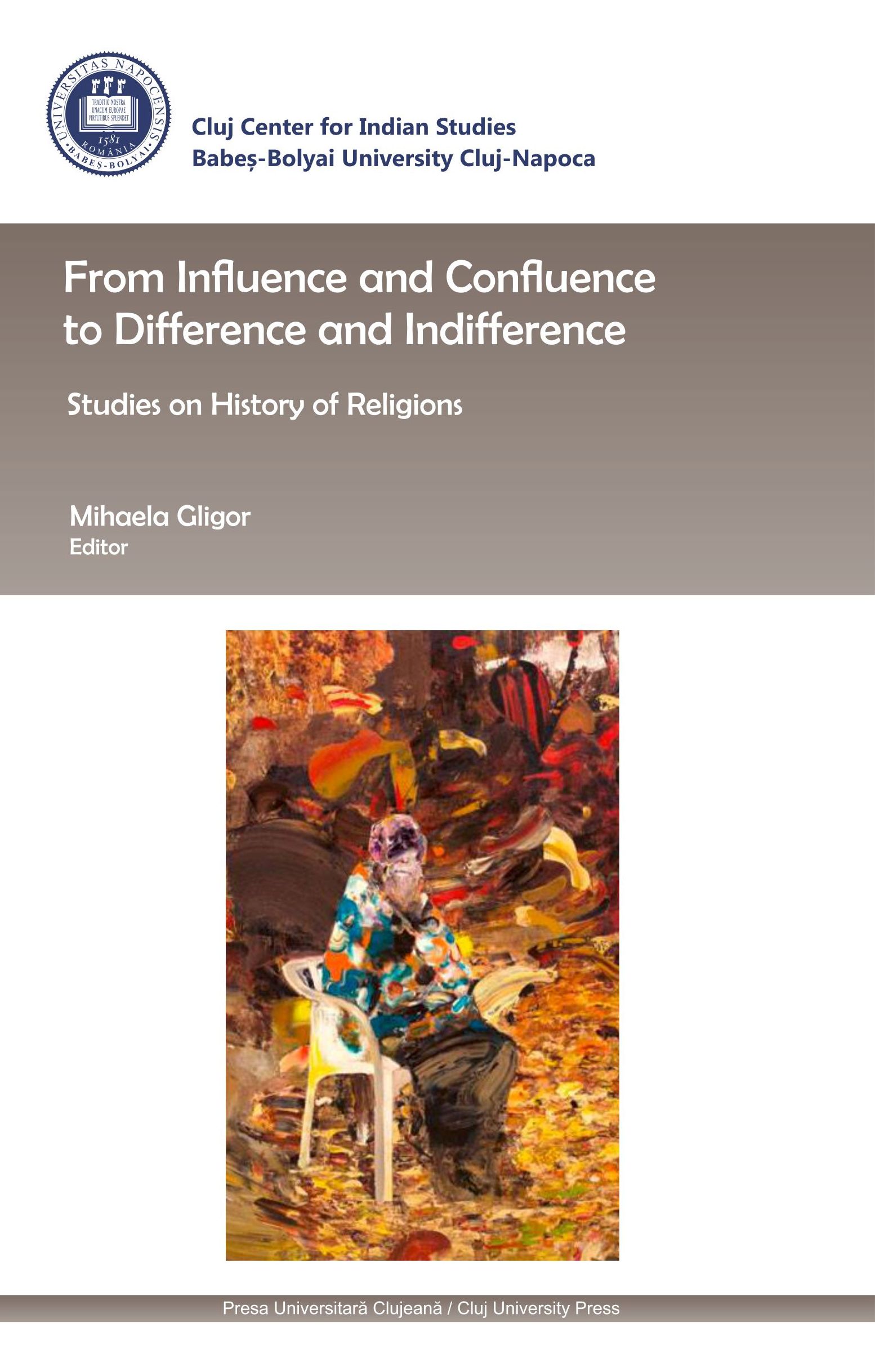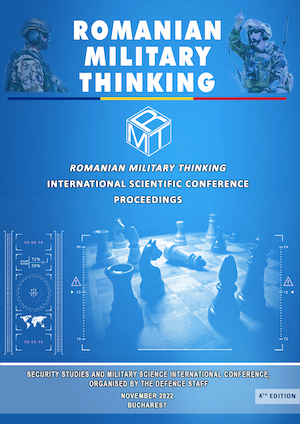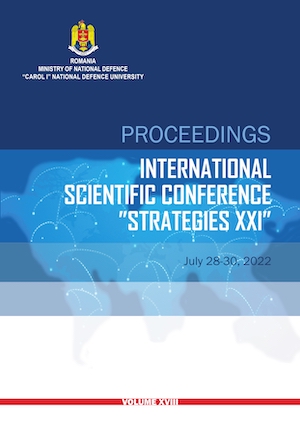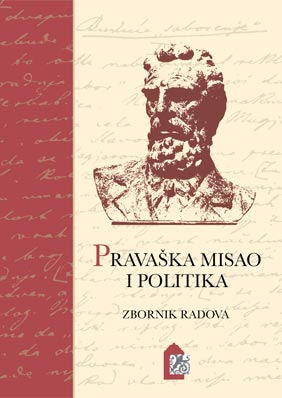
Hrvatska stranka prava 1990. godine: obnova, djelovanje i uzroci raskola
With the coming of democratic elections in 1990, Croats of Rightist political orientation believed that is was necessary to renew the Croatian Party of Right (Hrvatska Stranka Prava – HSP) as the oldest Croatian party. It was originally founded in 1881 by Dr. A. Starčević and E. Kvaternik, but was banned after the royal dictatorship was proclaimed on 6 January 1929. They felt that the Party of Right in Starčević’s time was well ahead of its time, but that due to its ideology based on Croatian state right and statehood, was indeed more than necessary and modern. On 25 February 1990, at the Reform Congress held at no. 23 Jurevska Street in Zagreb, twelve Rightists renewed the HSP, reintroducing it to the Croatian political stage. The HSP was at the time the only party in Croatia which in its programme did not mention the as of yet internationally recognized Socialist Federal Republic of Yugoslavia; it also spoke of Croatian right to the whole of its historical and ethnic territory. It was too late for the HSP to stand independently in the elections of April 1990, but nonetheless the party stood with the Croatian democratic block, instead of the rather dubious Coalition of National Understanding. As well, the party worked enthusiastically in Croatian political life through its party paper “Croatian Right.” The restorers of the HSP had good intentions when they chose a president for the party who lived abroad (in the U.S.). When the president of the party, D. Paraga, returned to Croatia in August 1990, a number of developments took place which brought about a split in the party ranks. After overcoming this internal crisis, the HSP survived on the Croatian political scene and went on to assume a leading role among Croatian political parties.
More...
